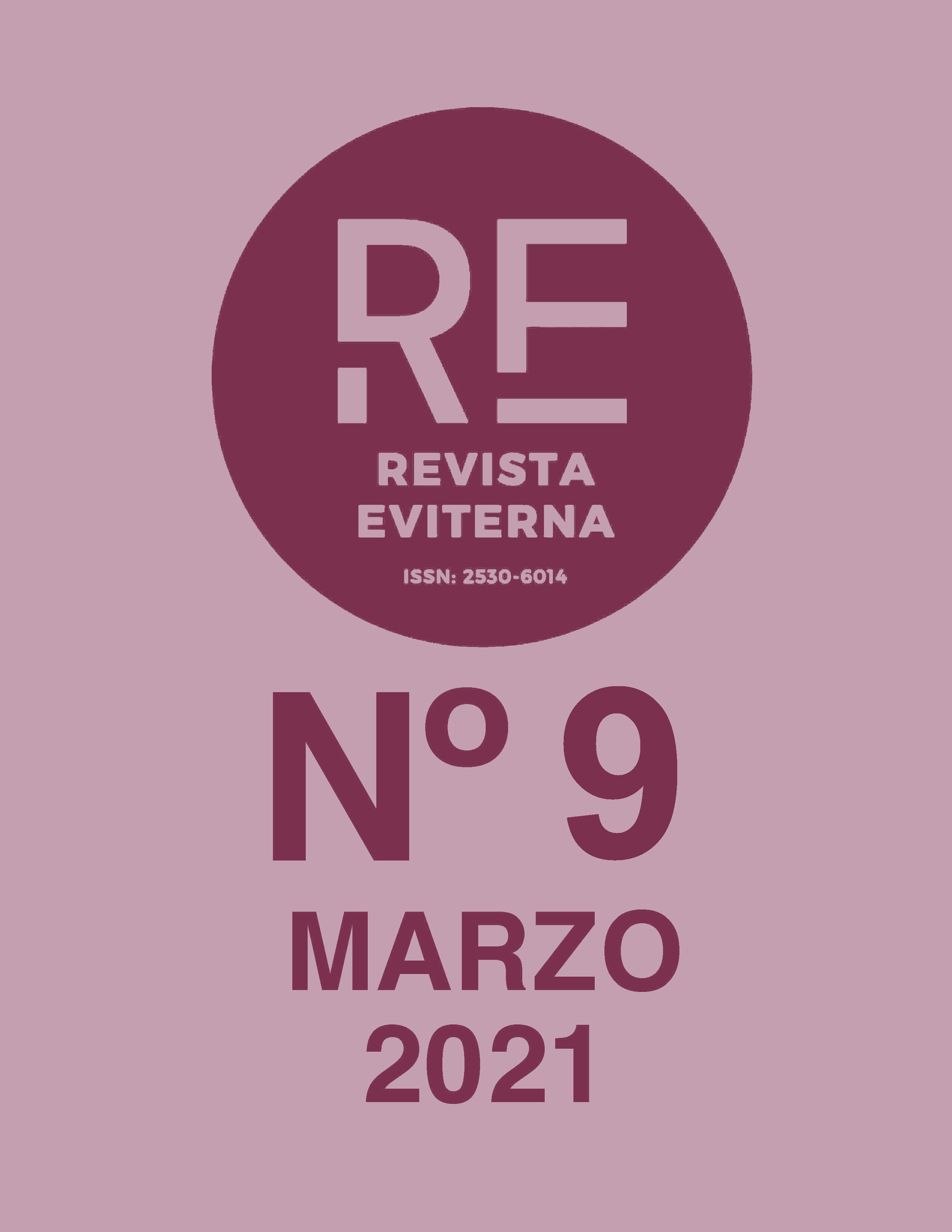Human-centered technologies, and the case for Ortega
DOI:
https://doi.org/10.24310/Eviternare.vi9.12208Keywords:
Human-centered technologies, Ortega y GassetAbstract
Presentation of the dossier
Downloads
Metrics
Publication Facts
Reviewer profiles N/A
Author statements
Indexed in
-
—
- Academic society
- N/A
- Publisher
- Universidad de Málaga
References
Benjamin, W. (2003). La obra de arte en la época de su reproductibilidad técnica. Itaca: México [1936].
Costa. F. (2019). Biopolíticas y biotécnicas. El cuerpo productivo en la era de las formas de vida tecnológicas [tesis doctoral]. UBA: Buenos Aires.
Deleuze, G. (2006). Diferencia y repetición. Amorrortu: Buenos Aires.
Diéguez Lucena, A. (2013). La filosofía de la técnica de Ortega como guía para la acción. Una comparación con Heidgger. Revista internacional de Tecnología, Conocimiento yo Sociedad, vol. 2, n.º 1, pp. 73-97.
Echevarría, J. y Almendros, L. (2020). Tecnopersonas. Trea: Gijón.
Heidegger, M. (1994). La pregunta por la técnica. En Conferencias y artículos. Ediciones del Serbal: Barcelona.
Ortega y Gasset, J. (1967). La idea del principio en Leibniz. Revista de Occidente: Madrid.
Ortega y Gasset, J. (2015). Ensimismamiento y alteración. Meditación de la técnica y otros ensayos. Alianza: Madrid.
Rodríguez-Ortega, N. (2019), Digital Art History: The Questions that Need to Be Asked. Visual Resources, vol. 35, n.º 2, pp. 1-15.
Rodríguez-Ortega, N. (2021a), Educación tecno-científica y estudios reglados de Historia del Arte en España. Enfoques TransUMA, n.º 1, diciembre 2020. Recuperado de: http://transuma.uma.es/resultados/enfoquestransuma1/ [consulta: 20-02-2021].
Rodríguez-Ortega, N. (2021b), Educación tecnocrítica, conciencia tecnológica y futuros posibles. Caracteres (monográfico especial), vol. 9, n.º 1 (en prensa).
Rodríguez-Ortega, N. (en prensa), Social Sciences and Digital Humanities of the South: Materials for a Critical Discussion. En Fiormonte, D., Ricaurte, P., and Chaudhuri, S. (Eds.). Digital Humanities in the Global South. Minneapolis: Minnessota University Press (esperado para la primavera de 2022).
Zuboff, S. (2020). La era del capitalismo de la vigilancia. La lucha por un futuro humano frente a las nuevas fronteras del poder. Paidós: Barcelona.
Downloads
Published
How to Cite
Issue
Section
License
All the contents published in Revista Eviterna are subject to the Creative Commons Reconocimento-NoComercia-Compartirigual 4.0 license, the full text of which can be found at <http://creativecommons.org/licenses/by-nc-sa/4.0>
They may be copied, used, disseminated, transmitted and publicly exposed, provided that:
The authorship and original source of your publication (Journal, editorial and URL of the work) are cited.
They are not used for commercial purposes.
The existence and specifications of this use license are mentioned.

Copyright is of two kinds: moral rights and patrimonial rights. Moral rights are perpetual, inalienable, inalienable, inalienable, inalienable and imprescriptible prerogatives.
In accordance with copyright legislation, Revista Eviterna recognizes and respects the moral rights of the authors, as well as the ownership of the economic right, which will be transferred to the University of Malaga for dissemination in open access.
The economic rights refer to the benefits obtained by the use or disclosure of the works. Revista Eviterna is published in open access and is exclusively authorized to carry out or authorize by any means the use, distribution, disclosure, reproduction, adaptation, translation or transformation of the work.
It is the responsibility of the authors to obtain the necessary permissions of the images that are subject to copyright.







12.png)



